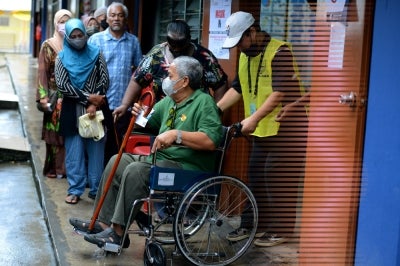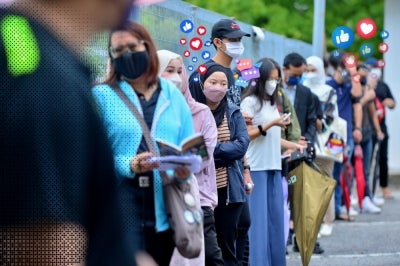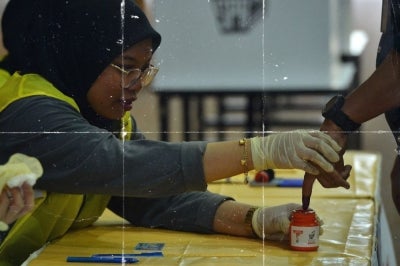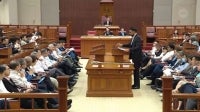Language is the key to unite Malaysia, says Wan Ahmad Fayhsal
TASNIM LOKMAN VEISHNAWI NEHRU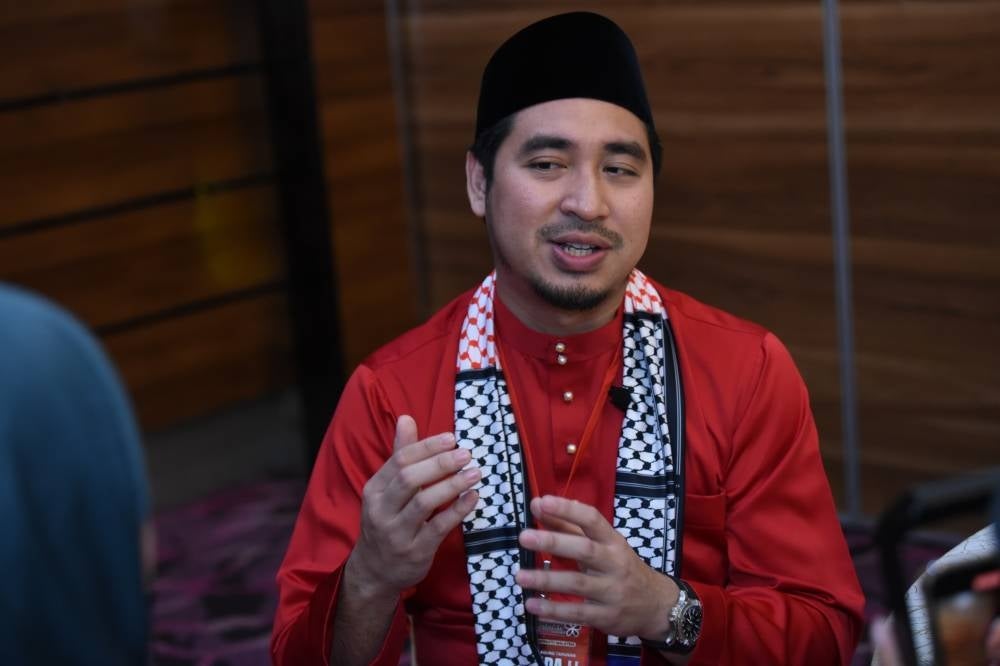
SHAH ALAM - In recent times, Malaysia has witnessed a concerning rise in racist sentiments among its youths especially on social media engagements, most notably during the 15th General Election.
Often used as a tool for communication and expression, social media platforms has unfortunately become a breeding ground for pushing racial agendas and insensitive speeches. Many - living in reality, took a swipe at Perikatan Nasional (PN) as those who were allegedly pushing these messages. PN has continuously denied this.
Sinar Daily spoke to PN and Bersatu Youth Chief Wan Ahmad Fayhsal Wan Ahmad Kamal on how Malaysia, especially the youths can be more united despite differences in background and beliefs.
The Machang MP said there were many ways to unite Malaysians to but the most fundamental thing was language.
“If you ask me it's the simplest element that can unite everyone, our language - the Bahasa Malaysia or Bahasa Melayu.
“As long as we empower the language in our daily conversation, discussions and in the highest level such as in the government or corporate world, we can be united.
“It is very hard for everyone to connect with each other if we don’t speak the same language and because of that I support the government for wanting to strengthen the Bahasa Melayu in official engagements,” he said, adding that Bersatu welcomes it.
Wan Ahmad Fayhsal was the former Deputy Youth and Sports Minister and Deputy Unity Minister from 2020 until 2022.
Last month, Prime Minister Datuk Seri Anwar Ibrahim declared that all letters received by the government from the public and private sector that was not sent in the national language would be returned to the sender.
Meanwhile, Wan Fayhsal said Bersatu respect for the Court of Appeal's decision affirming the constitutionality of using Mandarin or Tamil in vernacular schools.
However, he expressed the party's desire for these schools to incorporate more national elements.
He claimed some vernacular schools using curriculums from Taiwan or China, which did not emphasise the importance of national unity and nation-building in Malaysia.
“So if vernacular school proponents could meet the demands and expectations of people like us, I think we could agree they can exist," he said.
On Thursday, the Court of Appeal unanimously dismissed an appeal by four Malay-Muslim interest groups seeking to declare the use of Mandarin or Tamil at vernacular schools as illegal under the Federal Constitution.
Justice Azizul Azmi Adnan had said vernacular schools had long been recognised in the legislative framework of the education system, even before Malaya’s independence and the formation of the 1957 constitution.
Download Sinar Daily application.Click Here!


